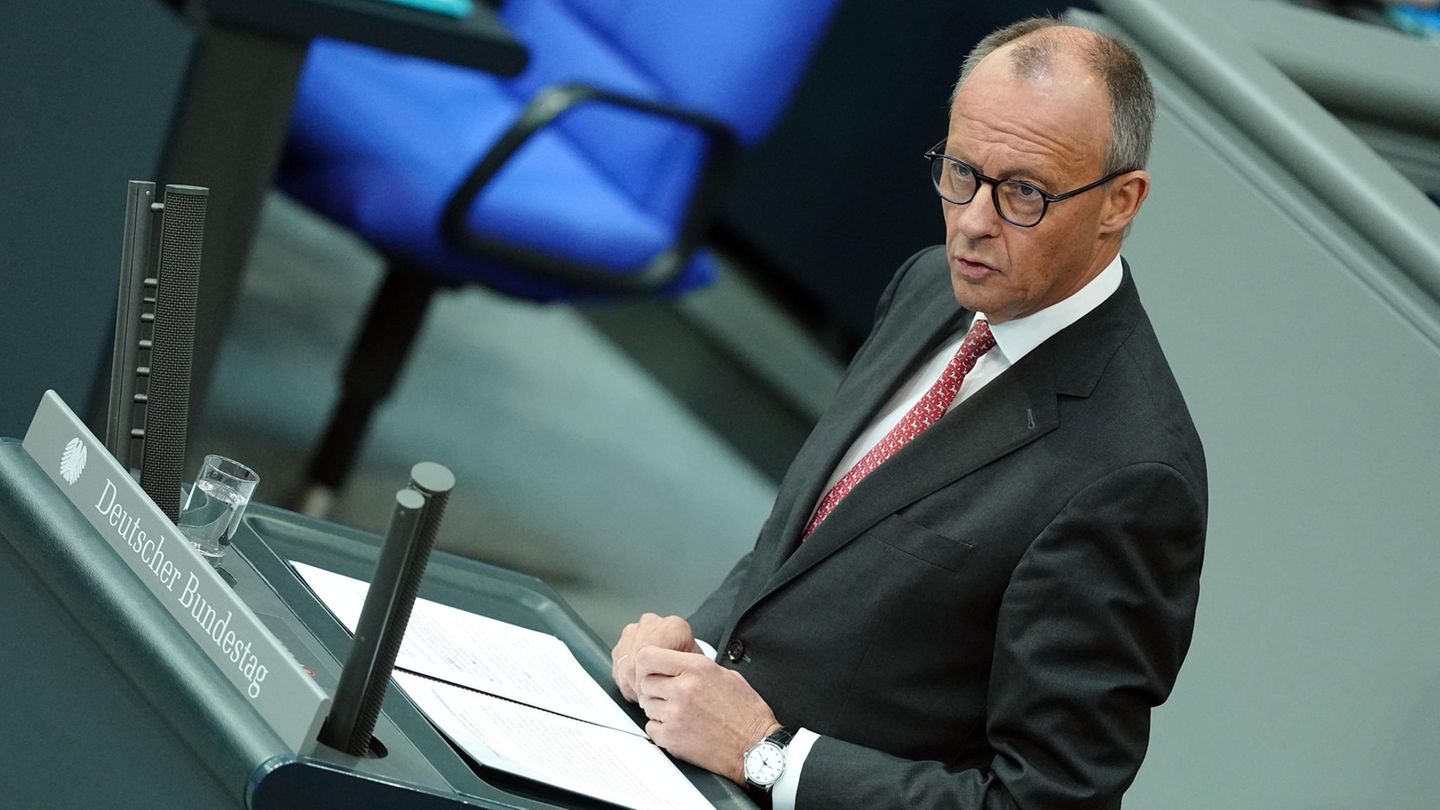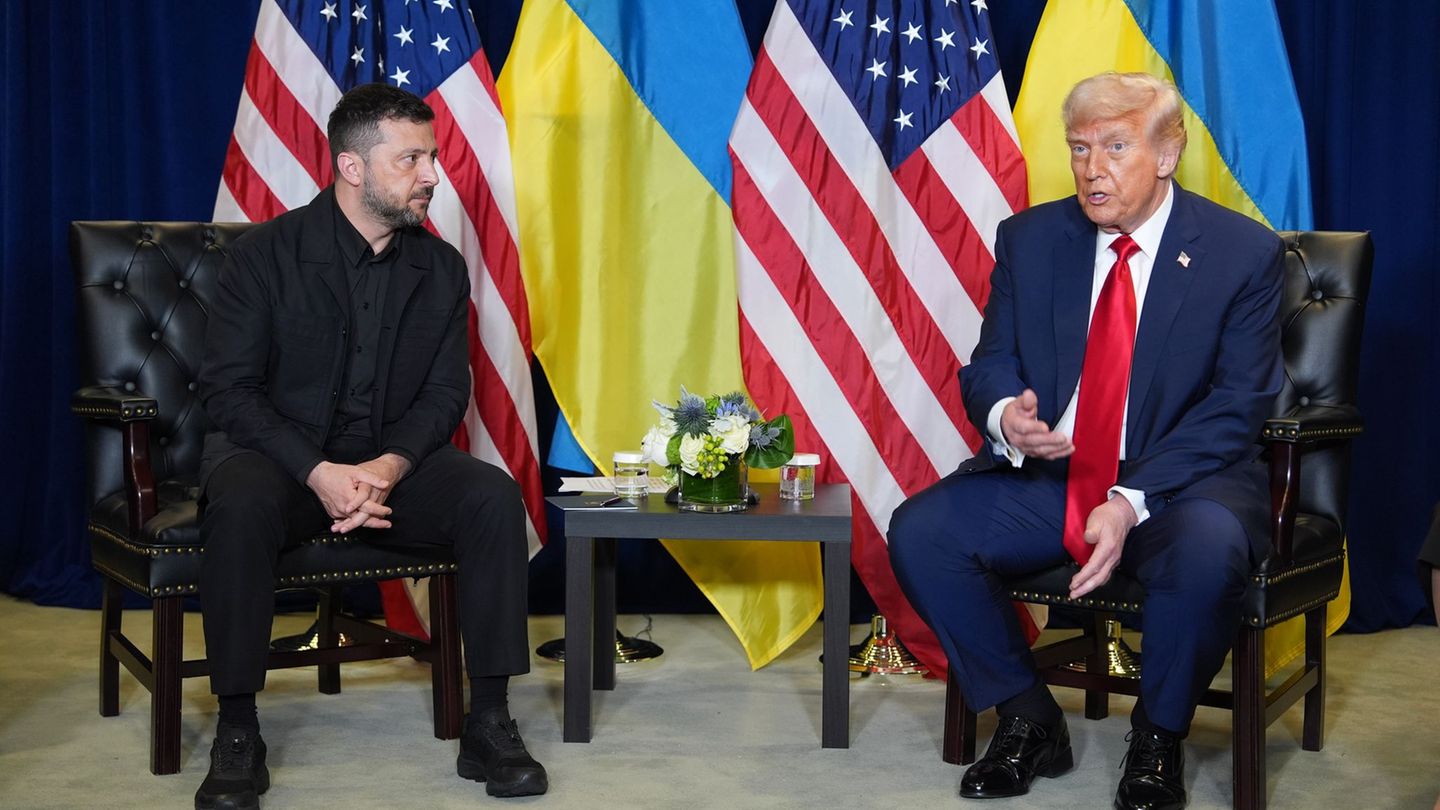Despite the tragedy in the Channel with at least 27 dead, many people have once again made the dangerous journey to Great Britain illegally. On the English coast again migrants arrived on Thursday on small boats, as reported by British media. The British government called on the French authorities to do more to prevent the crossings. London strongly encouraged joint patrols. France called for cooperation.
On Wednesday a boat capsized in the Channel off the French city of Calais. At least 27 people died, including women and children. The French authorities arrested five suspected smugglers. At least one suspect came from Germany, as France’s Interior Minister Grald Darmanin said. “The smuggler we arrested last night had German license plates,” said the minister. “He bought these rubber boats in Germany.”
Johnson reiterated the accusation that France was doing too little to prevent the crossings. His spokesman pointed to the equivalent of 62 million euros with which Great Britain is supporting the French controls on the Canal. The money is intended to stop migrants, he said. This year around 26,000 migrants have already arrived on the English coast – three times as many as in the entire previous year. “We are ready to provide local support,” UK Interior Secretary Kevin Foster told the BBC. “We are ready to provide resources. We are ready to send staff and help the French authorities.” The business model of the tugboat would have to be destroyed.
France blames Britain’s tough policies
French politicians rejected the British request to send their own officials to France. The mayor of Calais, Natacha Bouchart, blamed Johnson’s tough migration policy for the crisis. The Vice-President of the Hauts-de-France region, in which Calais is located, Franck Dhersin, called on the British authorities to take stronger action against the people behind the smugglers. They lived in London and earned hundreds of millions of euros, he said.
French President Emmanuel Macron and Johnson discussed steps to prevent further such dramas on Wednesday evening. According to the Elyse Palace, Macron expects the British to be willing to cooperate and not instrumentalise the refugee drama for political purposes. “France will not allow the Canal to become a cemetery,” said Macron.
In the UK, human rights activists and the opposition criticized the government’s immigration policy. Instead of strict asylum laws, humane and safe routes to Great Britain are needed. Interior Minister Priti Patel in particular is under pressure. The conservative hardliner had promised to end the crossings. After Brexit, the government introduced strict immigration rules. Most recently, Patel announced another tightening: For example, people who enter the country illegally should no longer be allowed to apply for asylum.
The number of asylum applications in the UK is currently higher than it has been in almost 17 years. 37,562 people had requested asylum in the twelve months to September, said the Home Office in London. That is almost a fifth more than in the same period of the previous year and also slightly more than at the height of the refugee movement in 2015/16. As of the end of September 2021, 67,547 people were waiting for a decision on their asylum applications, more than ever since the evaluation began.
In France, a large number of people are still waiting for a crossing. British media quoted several refugees who want to stick to their plans despite the previous day’s tragedy. The strait between Calais and the English port city of Dover is one of the world’s busiest roads.
Like the opposition Labor Party, the British Refugee Council spoke of a “wake-up call” that the government had to rethink its course. The head of the Anglican Church, Justin Welby, called for a better immigration system based on “compassion, justice and cooperation across borders”.
EU Parliament President David Sassoli expressed his dismay at the Wednesday shipwreck on Thursday. He called for decisive action so that tragedies of this kind do not happen again. “Yesterday at least 27 people died in the Canal. This is the latest in a long series of tragedies in the seas around Europe. Today we mourn the victims, but we must also act to ensure that this does not happen again,” so Sassoli.
Source From: Nachrichten




